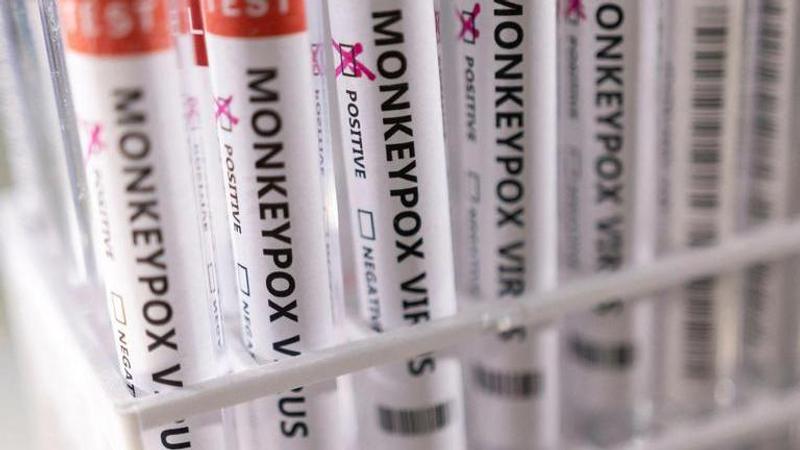Published 18:28 IST, June 23rd 2022
Monkeypox: World Health Network declares outbreak a public health emergency
The World Health Network (WHN), a global partnership of scientific and citizen teams, designated the current monkeypox outbreak a pandemic on June 23.

The World Health Network (WHN), a global partnership of scientific and citizen teams, designated the current monkeypox outbreak, which has infected 3,417 people in 58 countries, a pandemic on June 23. The statement comes ahead of the World Health Organization's (WHO) meeting on Thursday to vote on the designation of the monkeypox outbreak.
According to the World Health Organization, there are currently 3,417 confirmed monkeypox cases recorded in 58 nations, and the outbreak is fast spreading across multiple continents, according to Monkeypoxmeter, a website that records infection cases in real-time.
The World Health Network has asked the WHO and National Centers for Disease Control and Prevention to take prompt measures to prevent monkeypox from becoming a calamity. It stated that, while death rates are significantly lower than for smallpox, unless global action is taken to stop the infection's spread, millions will die and more will become blind or handicapped.
"The WHO needs to urgently declare its own Public Health Emergency of International Concern (PHEIC) -- the lessons of not declaring (Covid-19) a PHEIC immediately in early January 2020 should be remembered as a history lesson of what acting late on an epidemic can mean for the world," said Eric Feigl-Ding, PhD, Epidemiologist and Health Economist and co-founder of WHN, in a statement.
'There is no justification to wait for the monkeypox pandemic to grow further'
"There is no justification to wait for the monkeypox pandemic to grow further. The actions needed now only require clear public communication about symptoms, widely available testing, and contact tracing with very few quarantines. Any delay only makes the effort harder and the consequences more severe," Yaneer Bar-Yam, PhD, President of the New England Complex System Institute and co-founder of WHN, added his voice.
Until recently, the majority of cases have been in adults, but any spread to youngsters will result in significantly more severe cases and deaths. Animal infections, particularly rats and other rodents, but also pets, will make it much more challenging to contain. Passively waiting will result in these negative consequences with no compensatory advantage, experts say.
Monkeypox is a virus that has the potential to inflict severe harm to the general public, including acute painful disease that may necessitate hospitalisation, as well as death, skin scarring, blindness, and other long-term disabilities. Children, pregnant women, and immunocompromised adults are the most vulnerable to severe disease.
Updated 18:28 IST, June 23rd 2022




